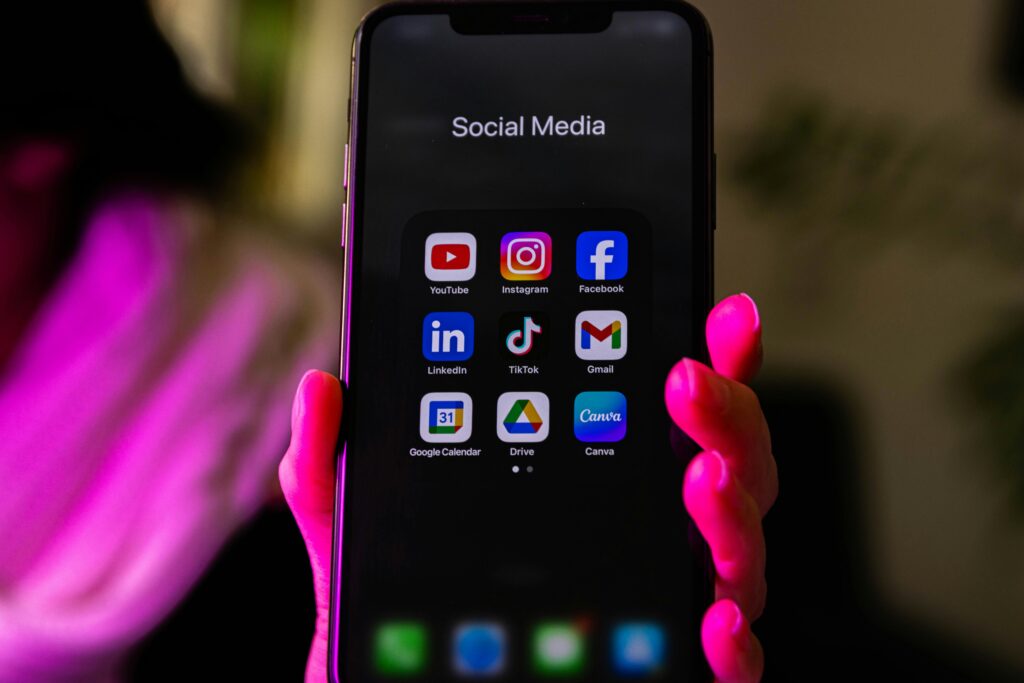
In a world where mostly everyone is on social media of some kind, what is the role and representation that teachers have to uphold? Does the mentor and ethical exemplar expectation carry on at every point of existence in the public eye? These are the questions I contemplated while reading through this week’s materials.
In the Networked Pedagogy: Teaching in Higher Ed Podcast by Bonnie Stewart, she notes how openness must be embraced while maintaining boundaries in interactions with students and how networks -virtual and physical- can shape human experiences… especially those with students.
Stewart addresses the overall existence of one’s online profile with three facets:
- profile: what’s visible to an audience, private or public
- practices: how you act online and the pictures or posts you share
- presence: how you engage socially and spatially in networked spaces
During my Technology and Innovation course (EDCI 336), we learned about how our presence online can be perceived and the implications of various interpretations. For example, what does a shared image of alcoholic beverages or a lively night out imply for the audience when you hold the role of a teacher.

In EDCI 336, we also conversed about the standard to which teachers, especially elementary education teachers, are held and what kind of limitations that causes us to put on ourselves. It’s a hard personal decision when you want to post or share something but you also know that you’re representing a position of authority and often admiration. Furthermore, we frequently quickly assume that someone’s virtual presence represents how they conduct themselves in person because this is commonly true, but not always.
Below is a video I found interesting and can help understand a little bit more about the expectations and responsibilities of a teacher, even during outside hours.
So where does this leave us as aspiring teachers? It’s important to walk the line of professionalism and personal practices with ease, if possible, and to have confidence in your decisions. It can also be integral to think about how you want to be perceived, not just what you want the world to see or know about you, but what an audience will assume about your character and practices with the content you share with the outside world. It is important to remember that mostly anything can be found with enough digging so considering the consequences of this can be crucial in making the decision to hit ‘post’ or not.